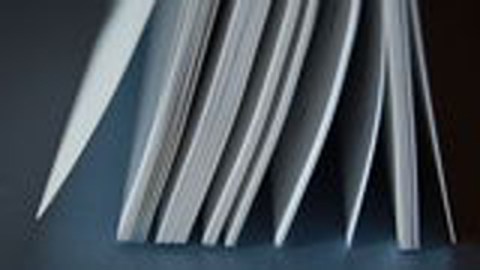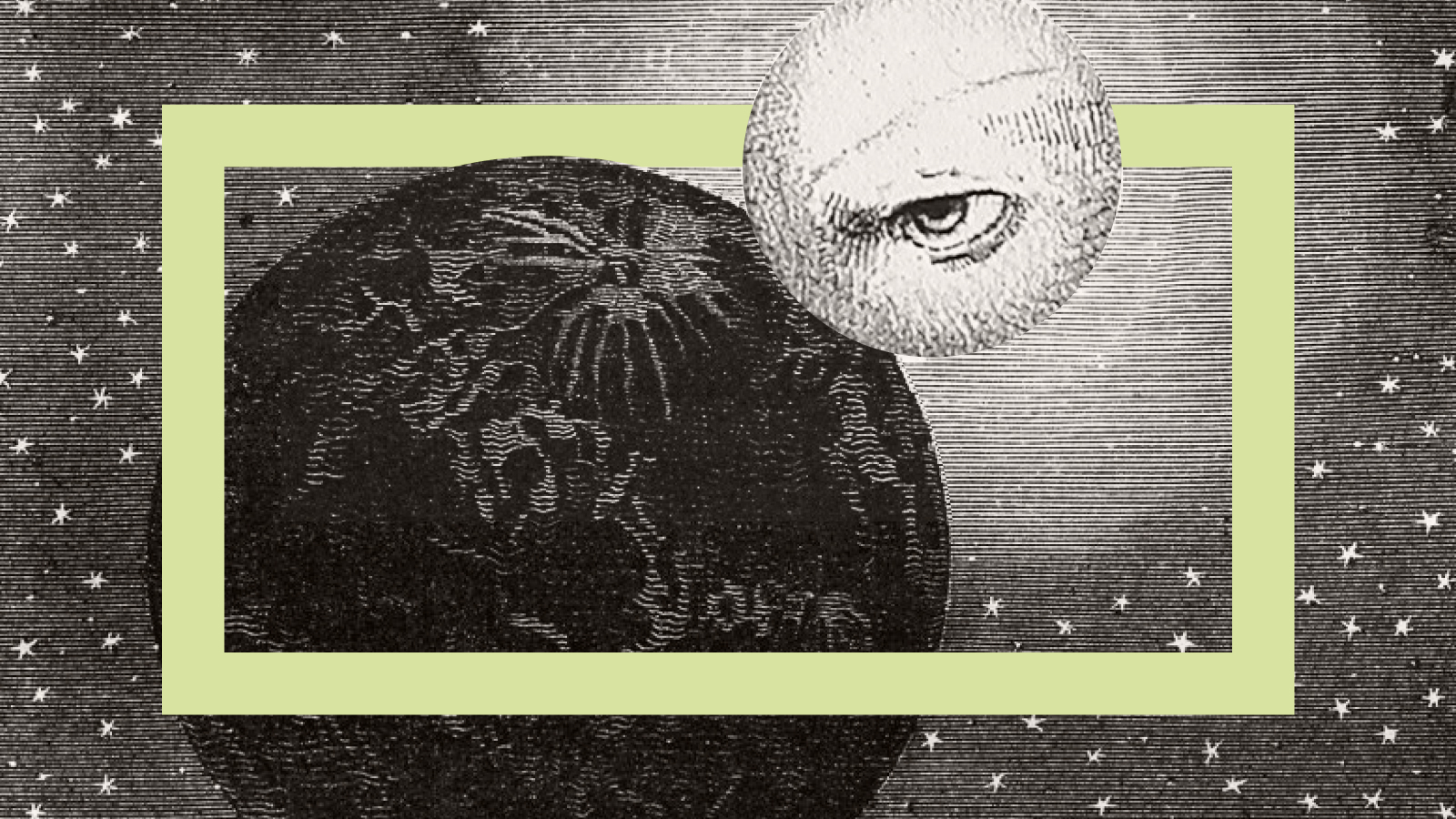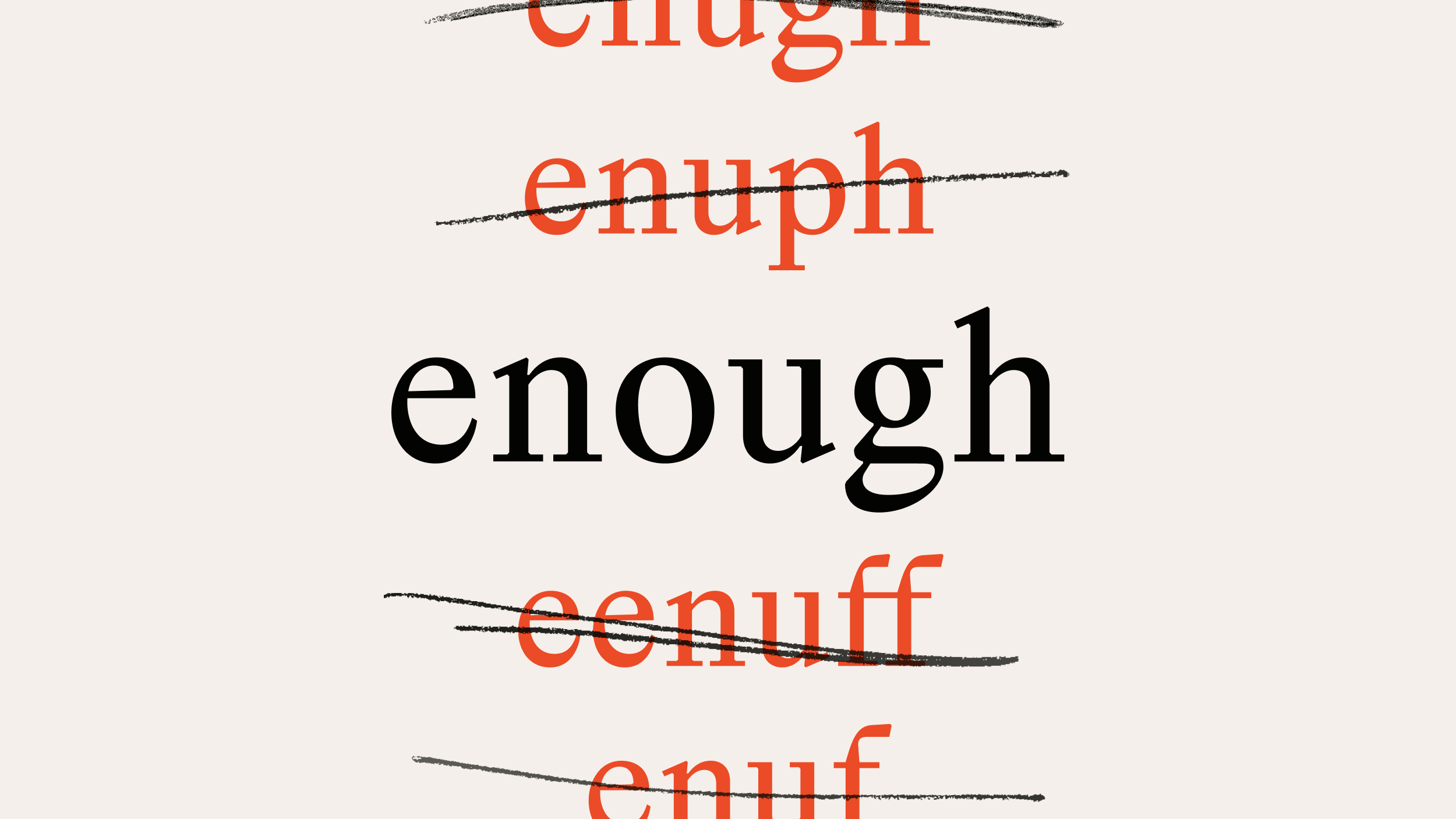The E-Book Has Its Day: Kindle Sales Outpace Hardcovers

Big news for publishers and bookish types: the number of electronic books sold on Amazon’s Kindle has exceeded the number of hardcover books sold through Amazon’s website, and by quite a bit. For every 100 hardcovers sold, 180 e-books were purchased, and presumably read, on the Kindle.
To some extent, then, e-books are replacing paper ones and the sales figures recently released by Amazon undoubtedly forecast the eventual elimination of publishing as we know it. Bookstores will eventually become hollow and ghostly just as CD stores are now. Sure, there will be a paper-book cult, just like there is now for rare and hard to find books; just like there is for vinyl.
At present, it would be interesting if someone of greater means than me was able to be proudly intelligent and analyze what class of book was being sold on the Kindle (because some books are better than others). My guess, based on a cursory look at what kinds of books are currently available on the Kindle, is that beach-reads and best-sellers get priority, and that’s to be expected until the publishing industry and e-reader technology advance further. Publishers should never abandon making money, for themselves or for their authors!
Trumpets will sound in celebration of the day when any and every book is available to download at the reader’s convenience. Those nostalgic for a book they can display “like a trophy” should get over the fact that they are indeed literate and join the rest of humanity in its amiable quest for survival.
Steampunk is really cool, but nobody seriously argues for the return of the mechanical age. Those yearning for paper-books will have weekend conventions on the fairgrounds; the happenings will be quaint and everyone will admire their own intellect. You will find me, if I can be found, with people more eager for the future.
Those who take pride in their appreciation of current paper-book aesthetics should be helping design the future instead of lamenting its inevitable approach.





